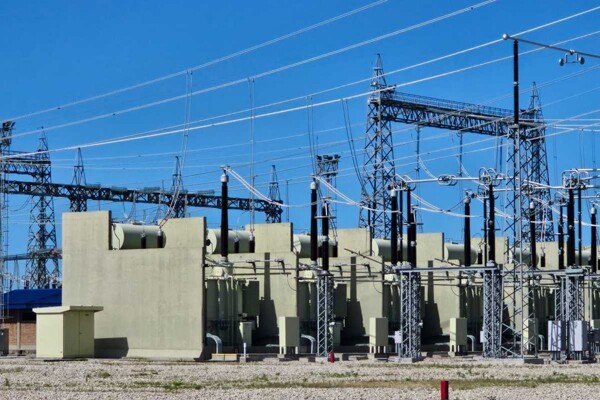
In the labor area, the reduction of available workers poses challenges to sustain economic growth and guarantee the viability of the pension system in Argentina. Although the country has extensive pension coverage, most elderly people do not reach the 30 years of contributions required to retire under the general regime. This results in the loss of contributions for those who do not meet the requirements, prompting the need for reforms that promote labor formalization.
According to the newspaper El Cronista, it is crucial to strengthen education and health for children, reorganize the pension system while maintaining coverage, improve the value of pensions, and achieve greater fiscal balance. The review of special and differential regimes, which currently represent 40% of benefits, is another necessary transformation to ensure an orderly transition to a more balanced system, taking advantage of the remaining demographic bonus.
It is essential to integrate a larger part of the schemes into the general regime, reduce costs and improve equity, as well as guarantee a mechanism for updating pensions that provides stability and predictability in a context where the dependency ratio will increase significantly. The accelerated demographic transition in Argentina requires rethinking strategies in key areas such as education, labor market, and social security to ensure an equitable and financially viable pension system in the long term.
The debate about the pension system becomes more complex in the current scenario, where high labor informality and interrupted work trajectories make it difficult for the population to complete the necessary years of contributions. The need to design a sustainable scheme as the moratorium concludes opens the opportunity to address structural reforms that avoid temporary solutions.
The accelerated demographic transformation in Argentina necessitates rethinking public policies, such as replacing moratoria with a universal scheme that guarantees a basic income for the elderly. The decline in birth rates and the increase in longevity pose serious challenges for the sustainability of the pension system in a scenario where the proportion of elderly individuals will significantly increase in the coming decades.














